The vibrant tapestry of festivals in Vietnam reflects a rich cultural heritage, showcasing the nation’s traditions, customs, and communal ties. From seasonal harvest celebrations to religious observances and lunar new year festivities, each festival offers a unique glimpse into the heart of Vietnamese society. These events serve as significant markers of time, bringing communities together and allowing them to celebrate their identity through cultural celebration.
Watch the video summarizing the article “Festivals in Vietnam: A Cultural Kaleidoscope.”
https://twofunnelsaway.com/socialbee-review/
The Significance of Festivals in Vietnamese Culture
Festivals are an intrinsic part of Vietnamese culture, serving not only as occasions for celebration but also as vital expressions of community life and shared values. They are moments when the past converges with the present, where historical narratives are honored, and local customs come alive. The essence of these traditional events lies in their ability to foster connection among individuals, families, and entire communities.
Buy Soma Overnight Historical Context and Evolution of Festivals
The origins of many festivals in Vietnam can be traced back centuries, often rooted in ancient agricultural practices and spiritual beliefs. As the country transitioned through various dynasties, the significance and nature of these festivities evolved. Early agrarian societies held harvest celebrations to express gratitude towards deities for bountiful crops, which eventually transformed into more elaborate cultural events.
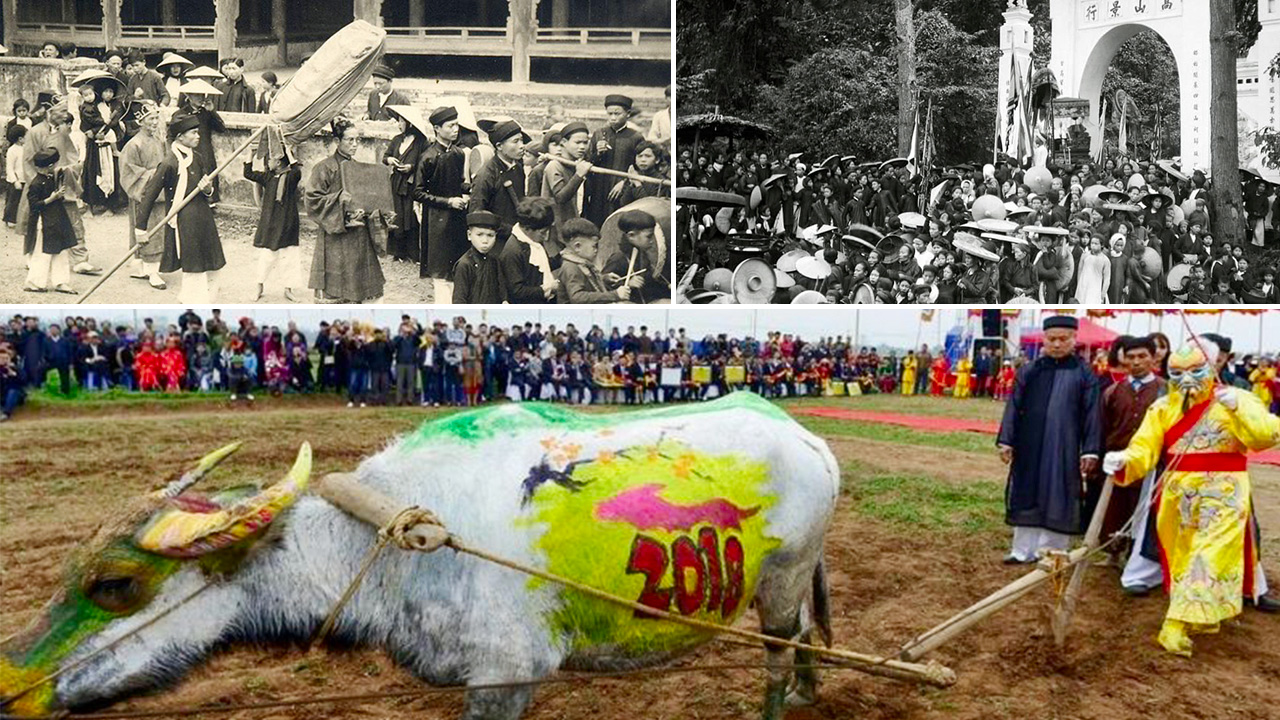
Throughout its history, Vietnam has experienced foreign influences from China, India, and France, each leaving indelible marks on the country’s cultural landscape. This confluence of traditions enriched Vietnamese festivals, incorporating elements such as folk performances and street food that reflect the diverse influences. Today, while many festivals maintain their traditional roots, they also adapt to contemporary societal changes, creating a dynamic interplay between old and new.
Ambien No Prescription Role of Festivals in Community and Family Life
In Vietnam, festivals are not merely events; they are the lifeblood of community and family interactions. During these cultural celebrations, individuals reconnect with their heritage as they gather with loved ones, participate in shared rituals, and engage in festive activities that strengthen bonds. Families often travel long distances to return to their ancestral homes during key festivals, reinforcing the importance of familial ties.
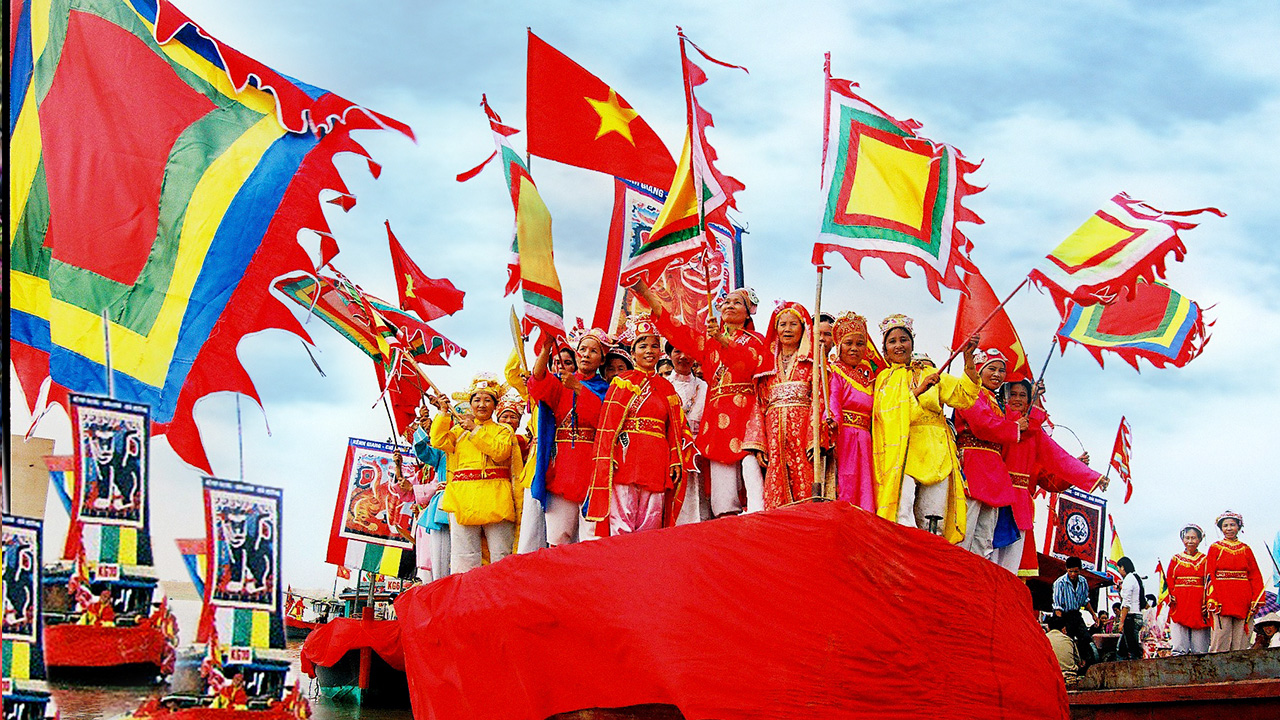
The communal aspect of festivals is evident in how communities come together to prepare for these events. Neighbors collaborate to decorate streets, organize parades, and stage performances, fostering a sense of belonging and solidarity. Such participation deepens intergenerational relationships, as elders pass down stories and customs to younger generations, ensuring that the cultural legacy continues to flourish.
https://www.sharenergy.com.br/maior-fazenda-solar-mundo/ Symbolism and Spirituality in Celebrations
Every festival in Vietnam is steeped in symbolism and spirituality, reflecting the country’s belief systems and values. Many celebrations honor deities, ancestors, or significant historical figures, embodying a deep spiritual connection that resonates with participants. For instance, during Tết Nguyên Đán, the Lunar New Year, families pay homage to their ancestors by preparing altars laden with offerings, showcasing respect and gratitude for their lineage.
Moreover, the rituals observed during these festivals often carry profound meanings. Lighting incense, performing folk dances, or participating in processions serves as a way for individuals to commune with the divine and seek blessings for the upcoming year. These symbolic acts foster a sense of hope, unity, and shared purpose, reinforcing the idea that festivals are not just about celebration but also spiritual enrichment.
Major Traditional Festivals in Vietnam
Among the myriad festivals celebrated across Vietnam, several stand out due to their historical significance and widespread participation. These major traditional festivals encapsulate the essence of Vietnamese culture, demonstrating the diversity of customs and practices present in different regions.
https://jesszimlich.com/lake-weekend/ Tết Nguyên Đán (Lunar New Year)
Tết Nguyên Đán, or the https://phoenix-flow.co.uk/ultrasonic/ Lunar New Year, is the most important and widely celebrated festival in Vietnam, marking the arrival of spring. It is a time for families to come together, reflect on the past year, and set intentions for the year ahead. Preparations for Tết begin weeks in advance, with families cleaning their homes, buying new clothes, and preparing special foods to ensure good fortune.
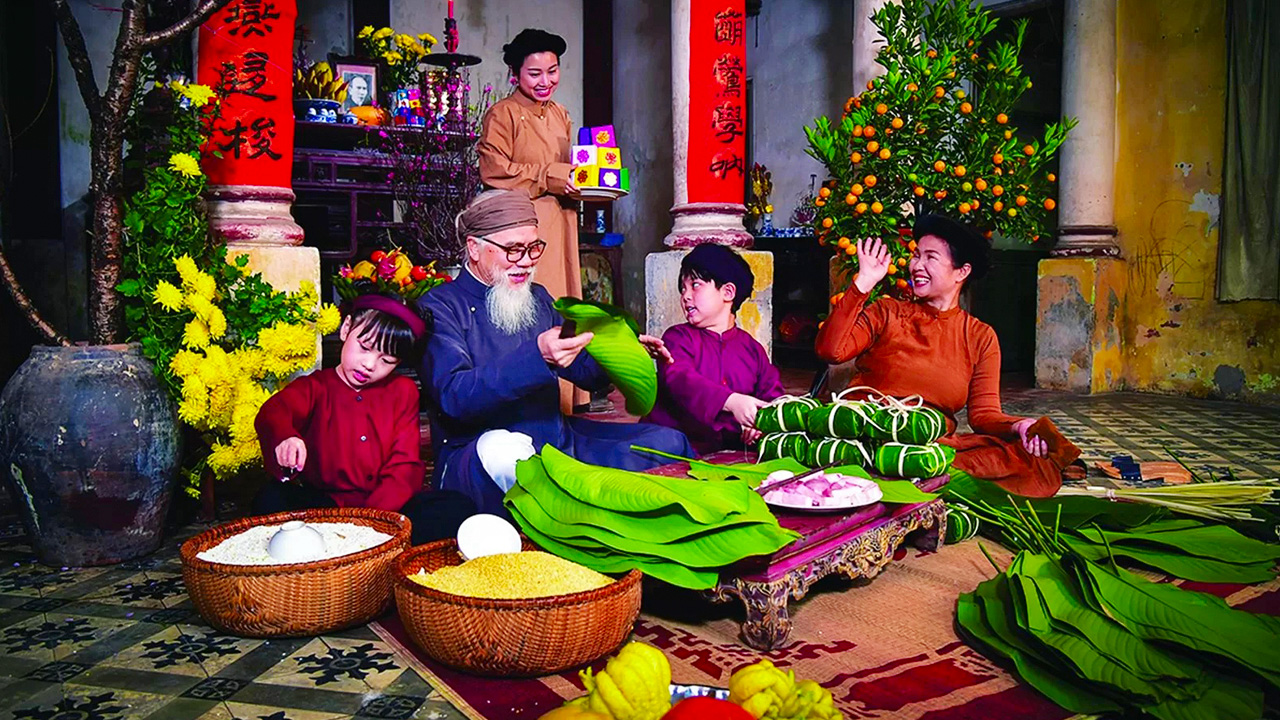
During Tết, the air is filled with excitement and anticipation. Streets become vibrant with decorations featuring peach blossom trees in the north and yellow apricot blossoms in the south. Festive activities abound, including lion dances, fireworks, and traditional games that evoke a sense of nostalgia and joy. On New Year’s Eve, families gather to share a meal, symbolizing unity and the passing of traditions from one generation to the next.
The significance of Tết extends beyond individual households; it is a time when communities engage in collective celebrations. Public festivities include parades, cultural performances, and fairs that showcase regional specialties and crafts, drawing locals and tourists alike. The atmosphere is electric, filled with laughter, music, and the tantalizing aroma of street food, making it a truly immersive experience for anyone lucky enough to partake.
https://flamengi.cat/contacte/ Trung Thu (Mid-Autumn Festival)
The https://seattleindustry.org/mic-news/ Mid-Autumn Festival, known as Trung Thu, is celebrated on the 15th day of the eighth lunar month, coinciding with the full moon. This festival traditionally honors children and emphasizes family bonding. As the harvest season concludes, families celebrate by gathering under the moonlight, sharing stories, and enjoying mooncakes—a signature delicacy associated with this occasion.
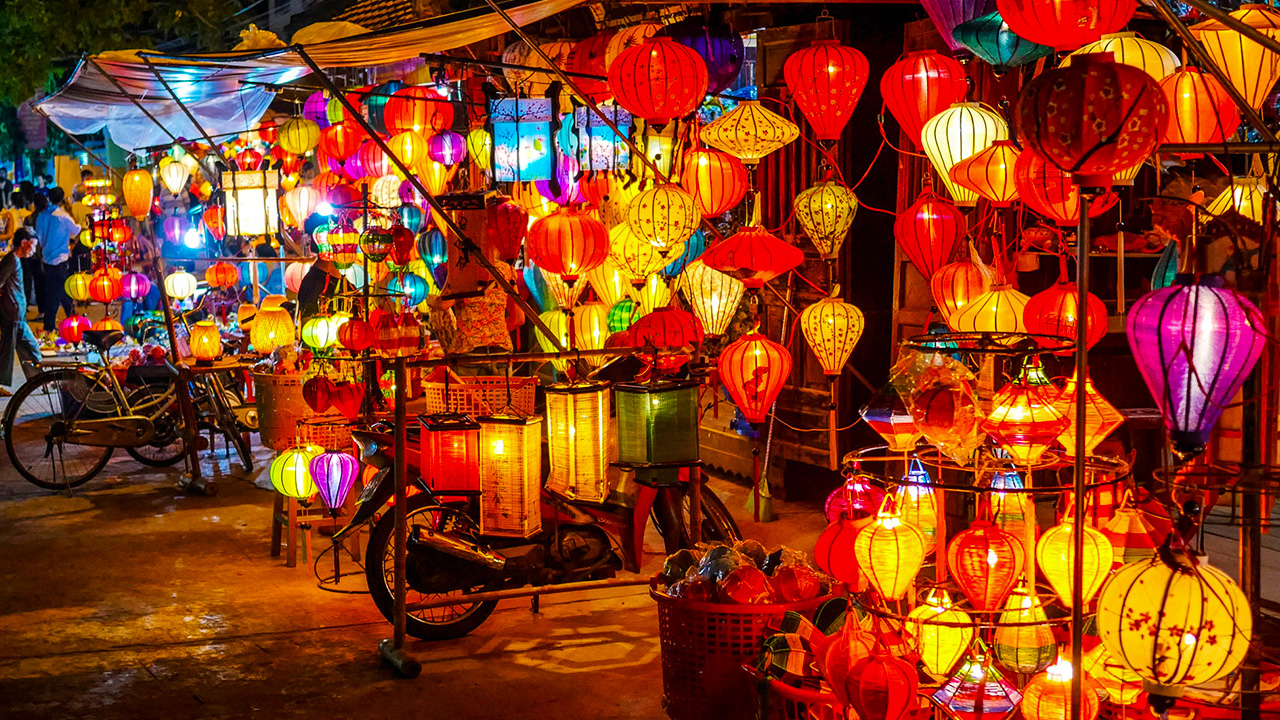
Trung Thu is particularly beloved by children, who eagerly anticipate the festivities. Lantern processions illuminate the night, as kids proudly carry colorful lanterns shaped like animals or characters, adding a magical touch to the celebrations. Folk performances, including lion dances and traditional music, create a lively ambiance, captivating both young and old.
The cultural significance of Trung Thu lies in its emphasis on familial love and nurturing relationships. Parents often take time off work to spend quality moments with their children, imparting values of love, respect, and gratitude. Local communities also come together to organize events that highlight traditional customs, showcasing the beauty of Vietnamese culture and ensuring that these cherished traditions endure.
Purchase Valium Online Giỗ Tổ Hùng Vương (Hung Kings’ Temple Festival)
Giỗ Tổ Hùng Vương, or the Hung Kings’ Temple Festival, is a national holiday dedicated to honoring the legendary founders of Vietnam, the Hùng Kings. Celebrated on the tenth day of the third lunar month, this festival signifies the nation’s gratitude toward its ancestors and emphasizes the importance of patriotism and cultural pride.
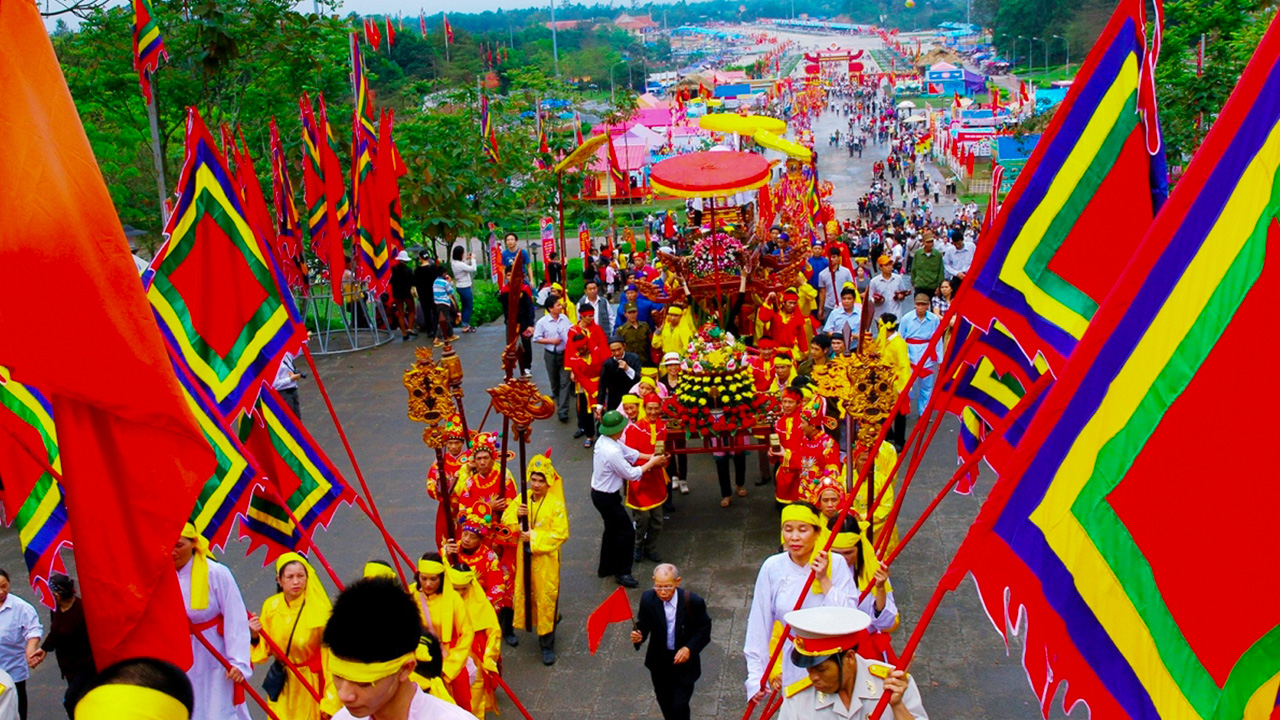
The central event takes place at the Hung Kings’ Temple complex in Phu Tho province, where thousands gather to pay homage to the kings. Ritual ceremonies involve offerings, prayers, and ceremonial dances that commemorate the struggles and achievements of the early Vietnamese people. Participants don traditional attire, further enriching the authenticity of the celebration.
Giỗ Tổ Hùng Vương is more than just a remembrance; it serves as a rallying point for national identity. Through communal activities such as folk games, processions, and art exhibitions, attendees forge connections with their heritage. This festival encapsulates the spirit of resilience and unity among the Vietnamese people, reminding everyone of their shared history and cultural roots.
Regional Festivals and Their Unique Characteristics
Vietnam’s geographic diversity contributes to a broad spectrum of regional festivals, each with distinct characteristics and practices. From the north to the south, these celebrations illustrate how local customs intertwine with the overarching Vietnamese cultural narrative.
Buy Clonazepam Without Prescription Northern Festivals: Traditions and Practices
In northern Vietnam, festivals often retain deep-rooted traditions that date back centuries. The region is renowned for its agricultural festivals, especially those celebrating rice harvests. Important events like the Lim Festival in Bac Ninh province feature traditional folk singing and games, allowing communities to rejoice in the bountiful harvest.
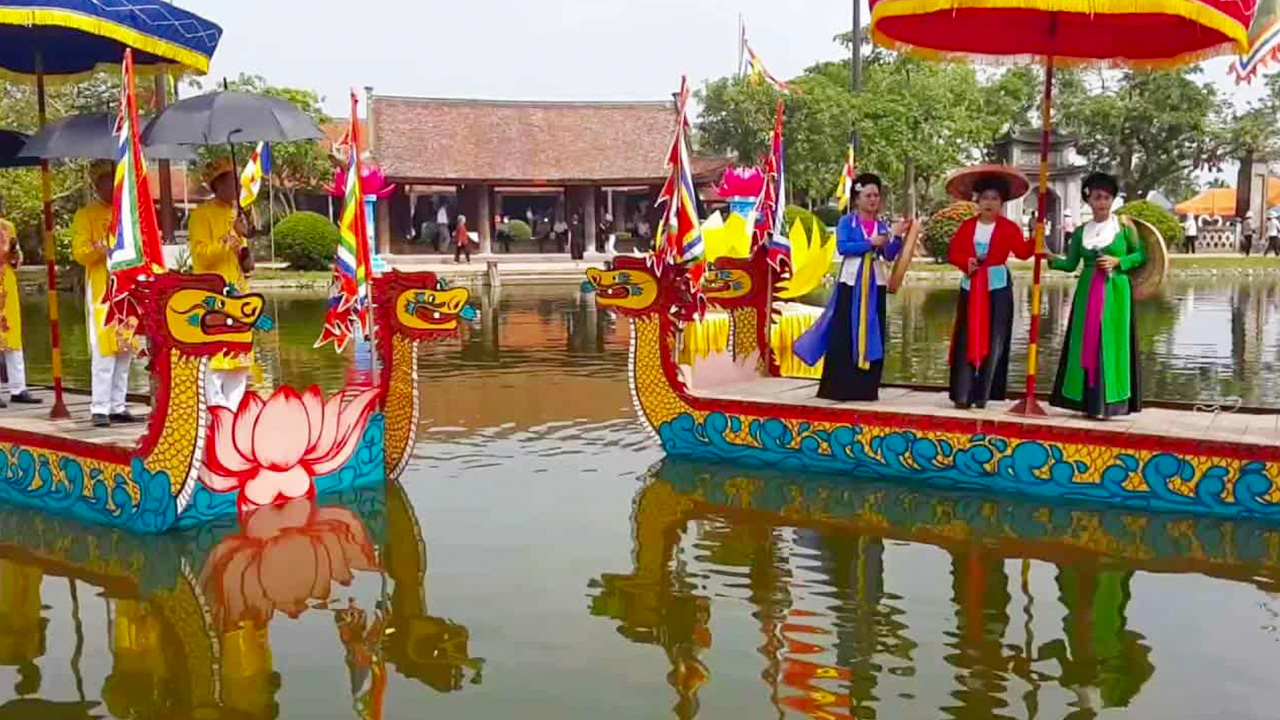
Another notable northern festival is the Perfume Pagoda Festival, which takes place during the first lunar month. Pilgrims flock to the scenic Huong Son mountain range, where they hike to the Perfume Pagoda, a revered Buddhist site. The festival merges spiritual devotion with natural beauty, fostering a sense of peace and reflection among participants.
Moreover, the Northern region is characterized by its strong emphasis on ancestor worship. Festivals such as the Ông Công, Ông Táo Festival honor the kitchen gods, showcasing how rituals bring families together to express gratitude and seek blessings for prosperity and health in the year ahead.
Purchase Xanax Online Southern Celebrations: Diversity and Influence
Southern Vietnam presents a vibrant blend of cultural influences, resulting in unique celebrations that embody the region’s diversity. The Tet Trung Thu (Mid-Autumn Festival) is particularly lively in southern cities like Ho Chi Minh City, where grand parades and public festivities attract crowds eager to enjoy the carnival-like atmosphere.
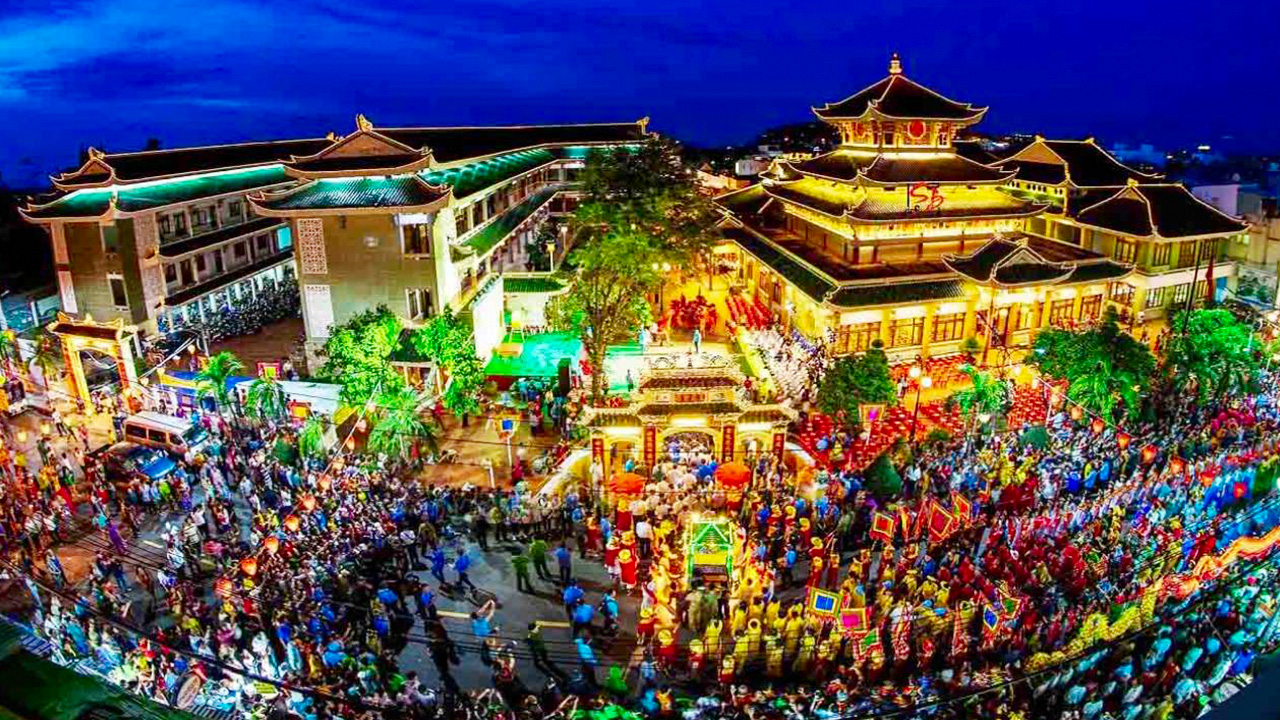
Additionally, the Ok Om Bok Festival, celebrated by the Khmer community in the Mekong Delta, marks the end of the rainy season and pays tribute to the moon. Festivities include boat races and cultural performances, highlighting the tradition of honoring the water, which plays a crucial role in agriculture and sustenance.
The Southern region’s festivals often incorporate modern elements, reflecting its cosmopolitan flair. Events like the Southern Food Festival celebrate local cuisine, attracting food enthusiasts from all over the country. Visitors can indulge in an array of delectable street food while experiencing the fusion of traditional flavors and contemporary culinary innovations.
Central Vietnam: Cultural Melting Pot of Festivals
Central Vietnam is home to a rich tapestry of festivals reflecting the region’s historical significance as a cultural crossroads. The Hue Festival, held every two years, transforms the ancient capital into a hub of cultural exchange, showcasing theatrical performances, traditional crafts, and culinary delights.
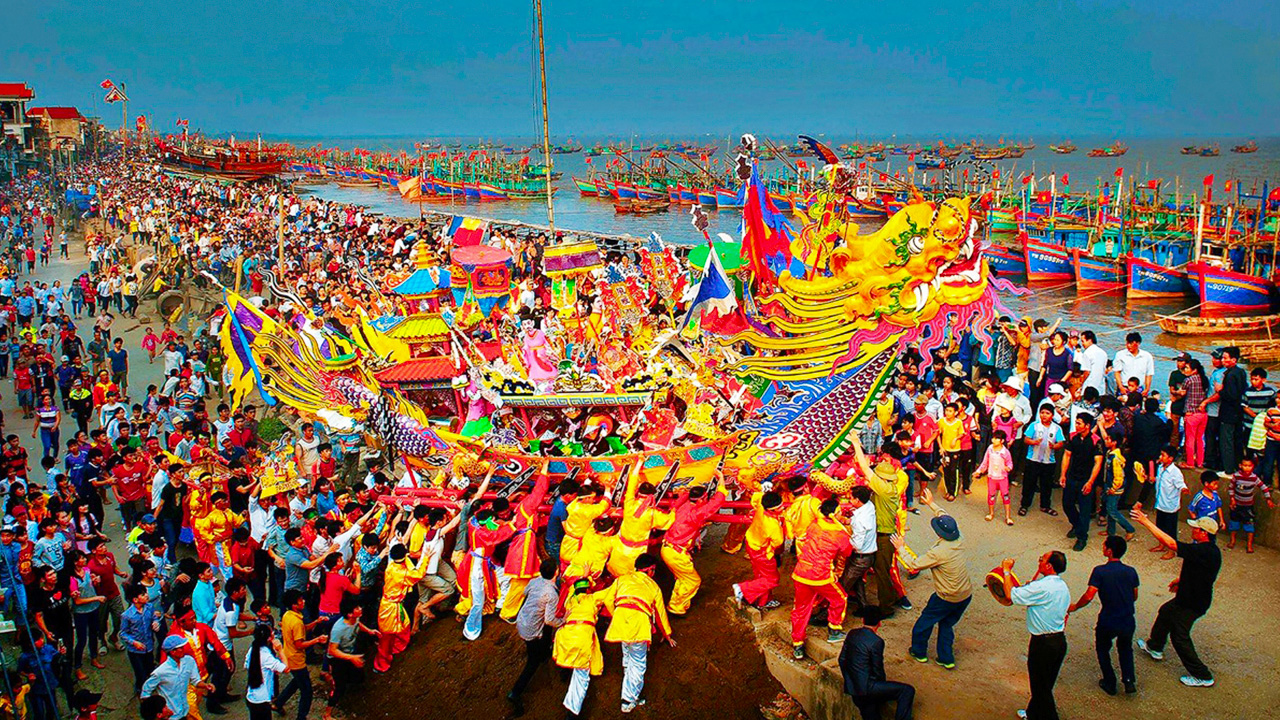
The Danang Fireworks Festival is another highlight, attracting international teams to compete in a spectacular display of pyrotechnics. This event exemplifies how regional festivals can embrace contemporary trends while still celebrating traditional roots.
Moreover, coastal towns like Hoi An host lantern festivals that illuminate the city, creating a magical ambiance. Each festival contributes to preserving the distinctive cultural identity of Central Vietnam, allowing local customs to thrive amidst globalization.
https://progressiveptgreenvalley.com/physical-therapists/ Modern Influences on Traditional Festivals
While traditional festivals remain deeply embedded in Vietnamese culture, modern influences have reshaped aspects of these celebrations. Globalization, technological advancements, and changing societal norms have introduced new dynamics, prompting a reevaluation of what these festivals signify in contemporary society.
http://kennytree.com/about-me/ Globalization and Its Effects on Vietnamese Celebrations
As Vietnam becomes increasingly integrated into the global economy, the impact of globalization on its festivals is palpable. International tourism and cultural exchange expose locals to diverse perspectives, resulting in adaptations of traditional practices. While some traditional events may risk losing their core essence, others thrive through increased visibility and participation.
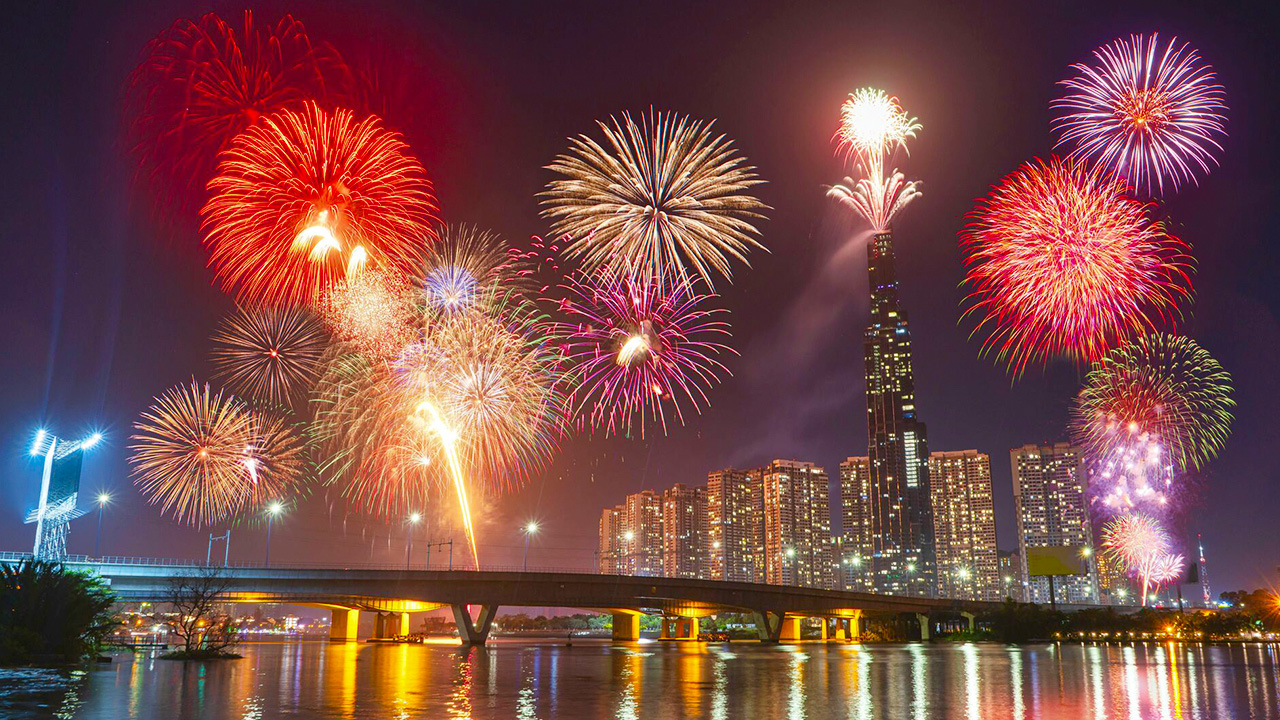
For instance, festivals like Tết Nguyên Đán have garnered international acclaim, drawing attention from travelers seeking authentic cultural experiences. This influx of tourism offers economic opportunities for local communities, but it raises questions about authenticity and commercialization. Striking a balance between tradition and modern demands remains essential for preserving the integrity of these festivals.
https://www.re-vitalise.co.uk/ardencote/ The Role of Technology in Promoting Festivals
Technology plays a pivotal role in promoting festivals, both locally and globally. Social media platforms enable organizers to reach wider audiences, spreading awareness of upcoming events and cultural significance. Live streaming allows those unable to attend in person to participate virtually, fostering a sense of inclusivity.
Furthermore, innovative approaches to festival organization, such as interactive apps and digital marketing strategies, enhance visitor experiences. By incorporating technology into the planning and execution of events, organizers can create immersive environments that engage participants while maintaining traditional elements.
However, this reliance on technology brings challenges, as festival-goers may become more focused on documentation rather than genuine engagement. Finding ways to harmonize technology with authentic experiences is crucial to preserving the essence of Vietnamese festivals amid rapid technological advancement.
Clonazepam Purchase Online Preservation of Heritage Amidst Change
Despite modern influences, there is a concerted effort within Vietnam to preserve cultural heritage and traditions associated with festivals. Various government initiatives and grassroots organizations work diligently to safeguard indigenous customs and practices, ensuring they continue to thrive in the face of change.
Community involvement is vital in this preservation process, as local residents actively participate in revitalizing traditions through workshops, educational programs, and cultural exchanges. By encouraging younger generations to engage with their heritage, these initiatives help instill a sense of pride and ownership, fostering continued interest in traditional festivals.
Moreover, collaboration with artists, musicians, and cultural practitioners enriches the festival landscape, allowing for the evolution of artistic expressions while honoring historical legacies. Celebrating the past while adapting to modern realities ensures that Vietnam’s festivals remain vibrant and relevant for years to come.
https://transeuntismundi.com/augmentedreality/ Experiencing Festivals: What to Expect
For those looking to experience https://www.taprackholsters.com/faqs/ festivals in Vietnam, understanding what to expect can greatly enhance the overall enjoyment. Engaging with the local culture during these celebrations offers invaluable insights into the heart of Vietnamese society and its traditions.
Buy Carisoprodol Online Timings and Locations of Key Festivals
Vietnam’s festival calendar is brimming with exciting events throughout the year. While major festivals like Tết Nguyên Đán and Trung Thu draw nationwide attention, there are countless regional celebrations worth exploring. Researching specific timings, locations, and activities can help visitors plan their trips accordingly and make the most of their experience.
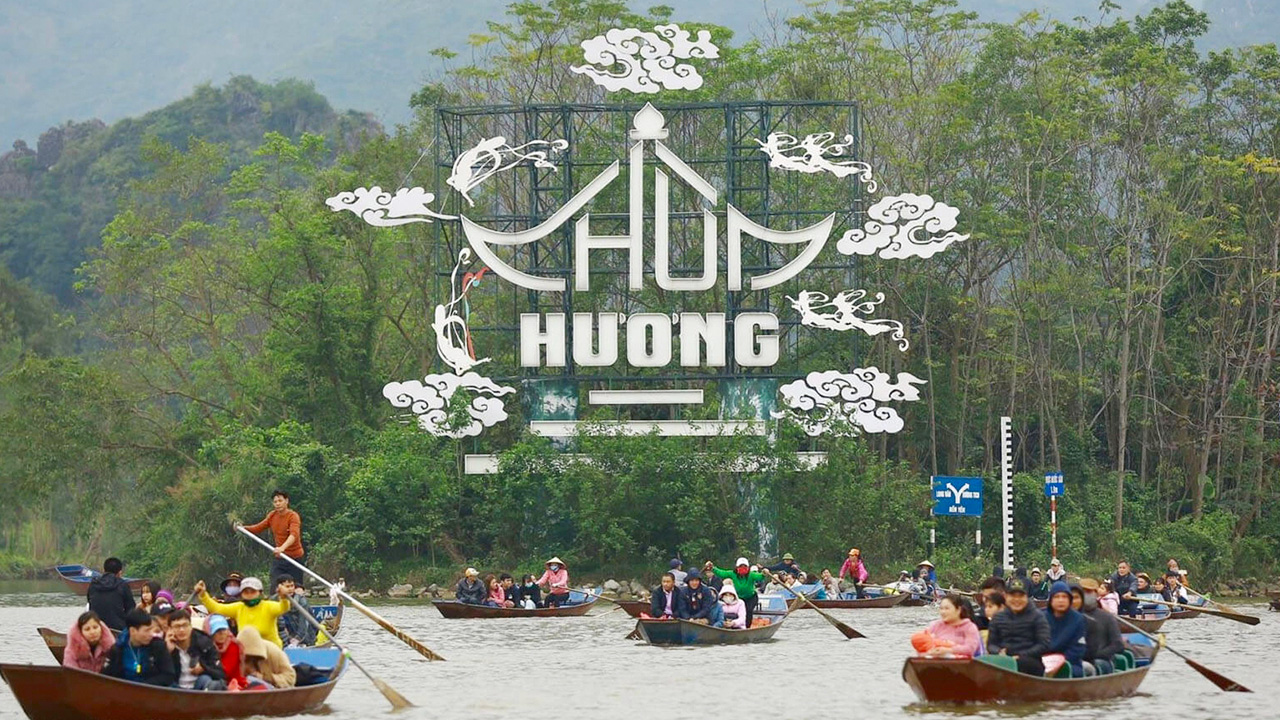
Cities such as Hanoi, Ho Chi Minh City, and Hue serve as focal points for many of the country’s largest festivals. However, smaller towns and rural areas often host equally captivating celebrations, providing an opportunity to witness authentic local customs. Attending regional fairs or temple festivals allows for a deeper appreciation of Vietnam’s cultural diversity.
Traditional Foods and Festive Delicacies
Food plays a central role in Vietnamese festivals, with each celebration offering unique culinary delights. During Tết, families prepare a feast of traditional dishes, including bánh chưng (sticky rice cake) and pickled vegetables. Sampling these delicacies provides insight into regional flavors and the significance of food in Vietnamese culture.
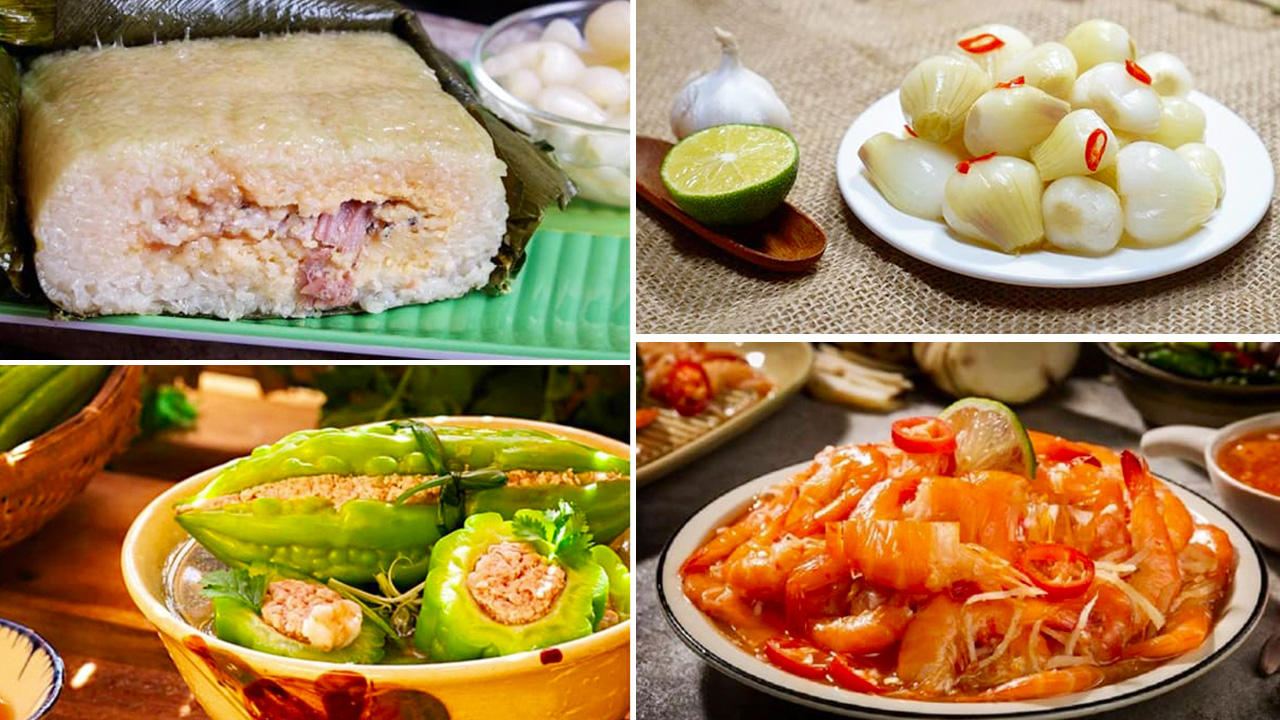
Street food stalls often thrive during festivals, enticing visitors with aromas of grilled meats, fresh herbs, and sweet treats. Exploring local markets and food vendors allows festival-goers to indulge in a myriad of flavors while supporting local artisans and vendors.
Being adventurous with taste and trying various dishes enhances the immersive festival experience, connecting individuals to the cultural narrative woven into Vietnamese cuisine.
Buy Tramadol 100 Mg Online Attire and Customs: What to Wear and How to Participate
Participating in Vietnamese festivals often involves embracing traditional attire and customs. Depending on the festival, wearing ao dai (traditional Vietnamese dress) or other culturally significant garments can enhance the experience and show respect for local customs.
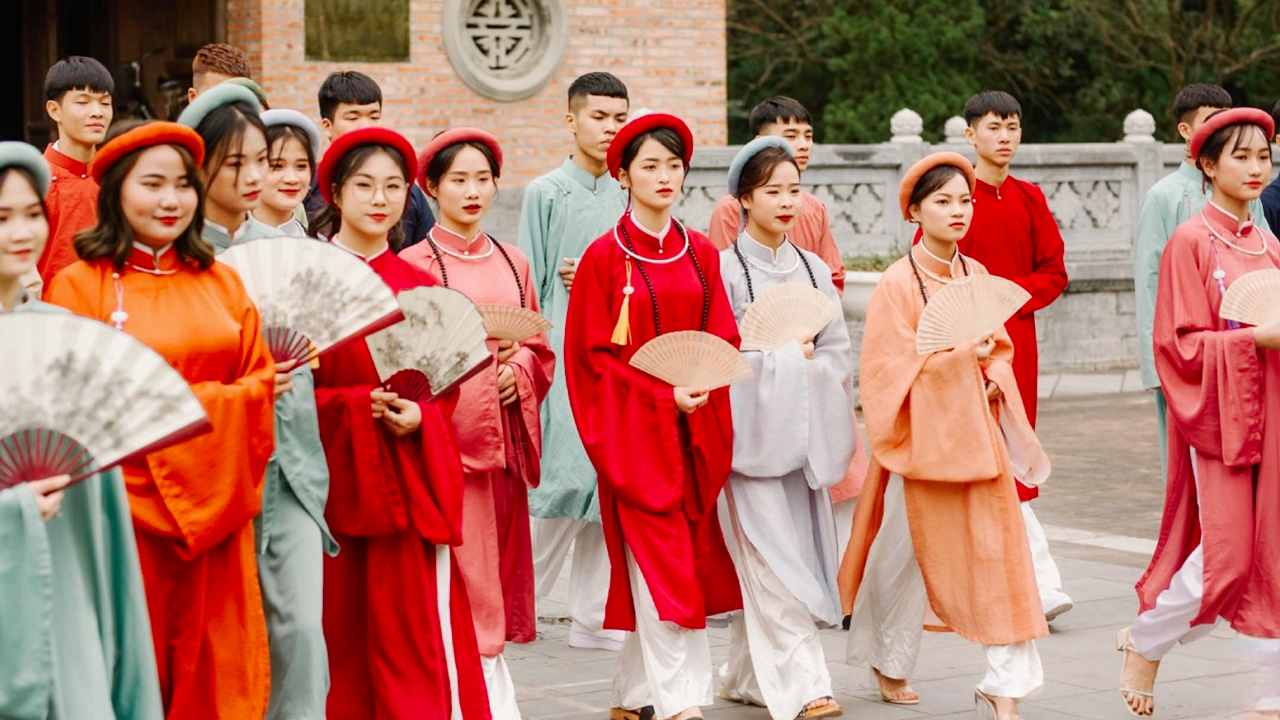
Understanding and observing local etiquette is equally important. Greeting elders, participating in ceremonies, and expressing appreciation for hospitality are all valued customs. Engaging with locals and asking questions about their traditions fosters meaningful connections and enriches the overall experience.
By immersing oneself in the cultural fabric of the festival, visitors can gain a deeper understanding of the significance behind the celebrations and strengthen their appreciation for Vietnamese heritage.
https://ontopdownunderreviews.com/hound-colin-dereham/ Tips for Foreign Visitors: Navigating the Festive Atmosphere
Navigating the bustling atmosphere of festivals in Vietnam can be an exhilarating adventure. To make the most of your experience, consider a few practical tips. First, familiarize yourself with the festival schedule and plan ahead to avoid missing key events.
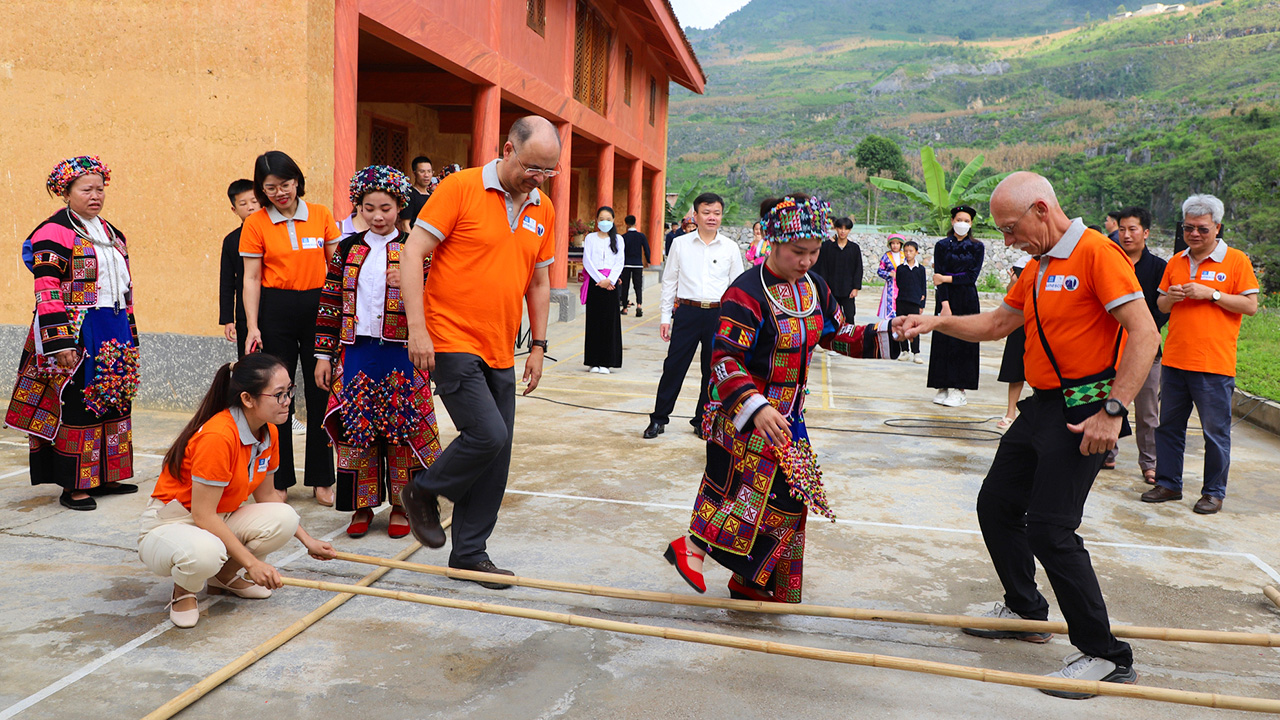
Engaging with locals is one of the best ways to enhance your experience. Don’t hesitate to join in on activities, ask questions, or simply observe. Many Vietnamese people are welcoming and willing to share their cultural insights, making for memorable interactions.
Lastly, remember to embrace spontaneity. Festivals are vibrant, lively occasions that often lead to unexpected moments of joy. Allow yourself to be swept away by the energy of the celebrations, savoring each encounter and discovering the beauty of Vietnamese culture firsthand.
https://www.amainstitute.com/class-bro/ Conclusion
Exploring the festivals in Vietnam reveals a vibrant social tapestry woven from centuries of tradition, spirituality, and community. Each festival serves as a testament to the resilience and creativity of the Vietnamese people, allowing them to celebrate their identity and cultural heritage with pride.
From the joyous reunions during Tết Nguyên Đán to the colorful lanterns of Trung Thu, these cultural celebrations invite individuals to participate in the rich narrative of Vietnam’s history. As the country embraces modernization while striving to preserve its heritage, the essence of these festivals remains steadfast, uniting people across generations and backgrounds.
Whether you’re a local or a traveler, immersing yourself in Vietnam’s festivals is an invitation to celebrate life, tradition, and the ever-evolving story of a nation steeped in beauty and resilience.


